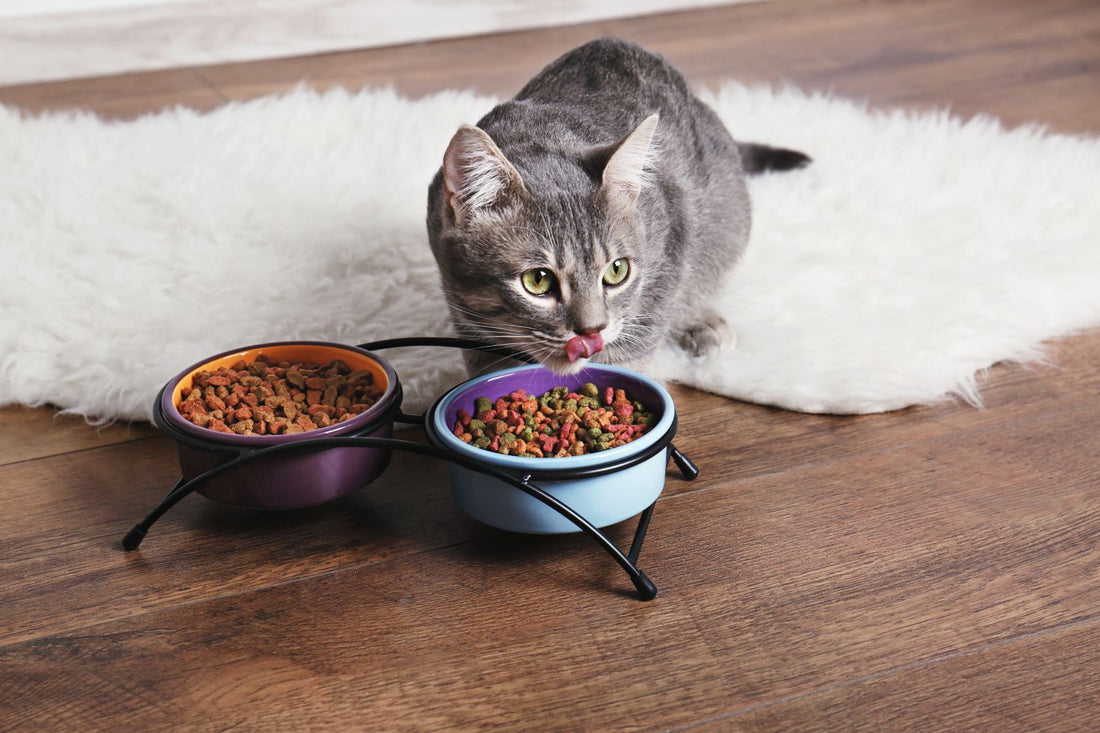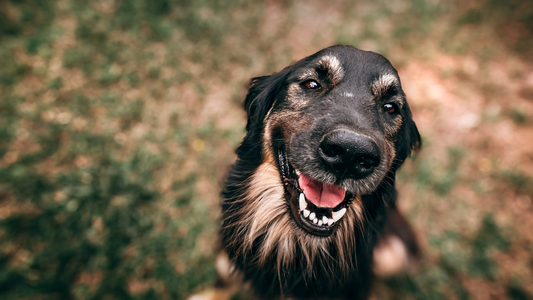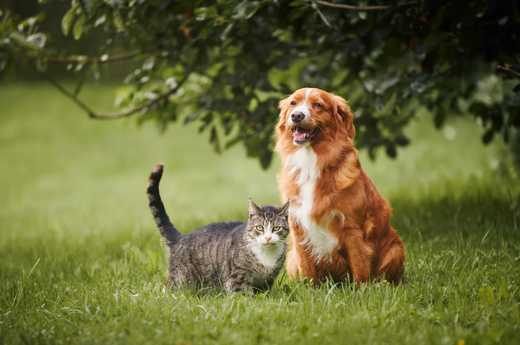Feeding cats properly is essential for their health and well-being. It is important you feed your cat/s according to their individual needs.
Important Tips for All Cats
- Provide Fresh Water: Always ensure your cat has access to clean, fresh water.
- Quality Food: Choose high-quality commercial cat food appropriate for their life stage and health needs.
- Balanced Diet: Ensure their diet includes a balance of proteins, fats, and carbohydrates, along with essential vitamins and minerals.
- Regular Feeding Schedule: Stick to a regular feeding schedule to help with digestion and avoid overfeeding.
- Avoid Human Food: Many human foods can be harmful to cats, so it's best to stick to specially formulated cat food.
Here are some tips for feeding kittens, active cats, and sterilized cats:
Feeding Kittens
- High-Calorie Diet: Kittens require more calories per pound of body weight compared to adult cats due to their rapid growth and high energy levels.
- Frequent Meals: Feed kittens small, frequent meals throughout the day. Typically, 4-5 meals a day are recommended until they are about 6 months old.
- Kitten-Specific Food: Use kitten-specific food as it has the right balance of nutrients to support their development.
- Gradual Transition: When transitioning from mother's milk to solid food, do it gradually to avoid digestive issues. Mix wet kitten food with a bit of warm water to make it easier for them to eat.
- Transition to Adult Food: Around 12 months of age, start transitioning your kitten to adult cat food. Gradually mix in the new food with the old food over a week to avoid digestive upset.
- Wet vs. Dry Food: Both wet and dry foods have their benefits. Wet food provides hydration, which is essential for kittens, while dry food can help with dental health. A combination of both can be ideal.
- Monitor Growth: Keep an eye on your kitten’s weight and growth. Rapid weight gain or loss can indicate health issues that may require dietary adjustments.
Additional Information for Kittens
Feeding Active Cats
- Higher Protein and Fat Content: Active cats need more protein and fat to sustain their energy levels. Look for foods with a higher content of these nutrients.
- Adequate Portions: Monitor their weight and adjust portions accordingly to ensure they are getting enough but not too much food.
- Interactive Feeding: Use puzzle feeders or toys to make mealtime more engaging, which can help satisfy their hunting instincts and keep them mentally stimulated.
- Hydration: Active cats can become dehydrated quickly. Ensure they drink plenty of water, especially if they eat primarily dry food.
- Nutrient-Rich Foods: Look for foods that contain omega-3 and omega-6 fatty acids, which can help support joint health, especially for very active cats.
- High-Protein Snacks: Offer high-protein treats like freeze-dried meat or fish to provide an extra energy boost without adding unnecessary carbohydrates.
Feeding Sterilized Cats
- Lower Calorie Diet: After sterilization, cats’ energy requirements decrease. Choose a diet specifically formulated for sterilized cats to help prevent weight gain.
- Portion Control: Be mindful of portion sizes to avoid obesity, which is more common in sterilized cats due to reduced activity levels.
- Monitor Weight: Regularly check their weight and adjust their diet as needed to maintain a healthy weight.
- Encourage Activity: Even though they may be less active, encourage play and exercise to help maintain their weight and overall health.
- Fiber-Rich Diet: Fiber can help sterilized cats feel full longer, reducing the chance of overeating. Look for foods with added fiber to help manage their weight.
- L-carnitine: Some specialized diets for sterilized cats include L-carnitine, which can help maintain a healthy metabolism.
- Regular Exercise: Engage your sterilized cat in daily play sessions. Use toys that stimulate their natural hunting instincts to keep them active.
Additional Considerations
- Regular Vet Visits: Regular veterinary check-ups can help ensure your cat’s diet is meeting their needs and that they are maintaining a healthy weight.
- Treats in Moderation: Treats should only make up a small portion of their diet to avoid unnecessary calorie intake.
- Special Diets: If your cat has specific health issues, consult your vet for a specialized diet.
General Tips for Feeding Cats
- Avoid Free-Feeding: Instead of leaving food out all day, offer measured meals to control calorie intake and monitor eating habits.
- Consistency: Keep a consistent feeding routine to reduce stress and digestive issues.
- Food Storage: Store dry food in an airtight container to keep it fresh and prevent contamination. Wet food should be refrigerated after opening and used within a few days.
- Reading Labels: Understand how to read pet food labels. Look for named protein sources (like chicken, beef) as the first ingredient and avoid foods with excessive fillers like corn or soy.
- Homemade Diets: If you prefer to prepare homemade meals for your cat, consult a veterinary nutritionist to ensure the diet is balanced and complete.
- Avoid Overfeeding: Measure your cat's food according to the package instructions or your vet’s recommendations to avoid overfeeding.
- Regular Monitoring: Regularly monitor your cat’s weight, coat condition, and overall health. Any sudden changes should be discussed with your vet.




